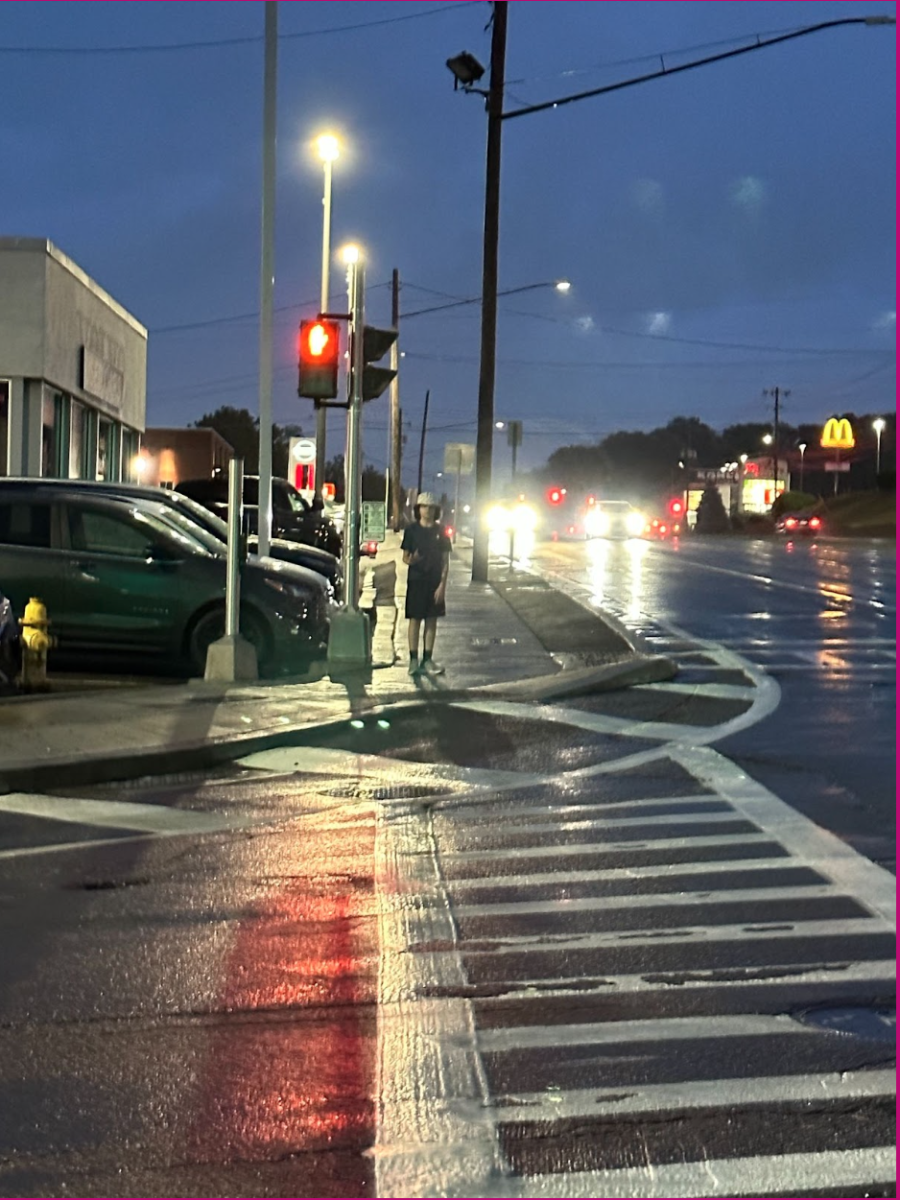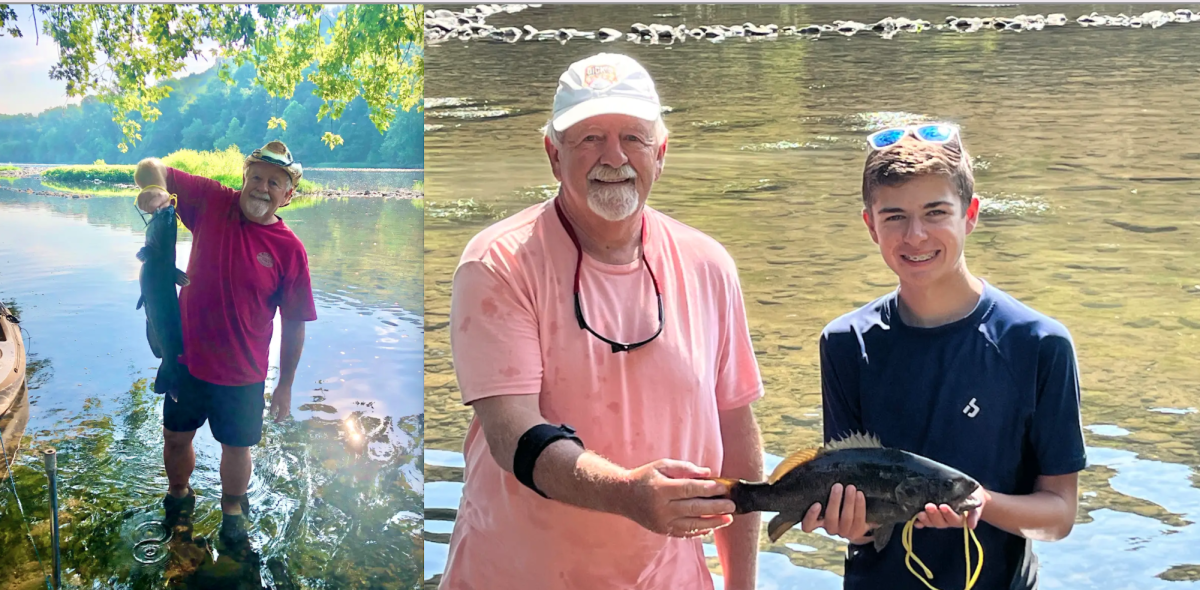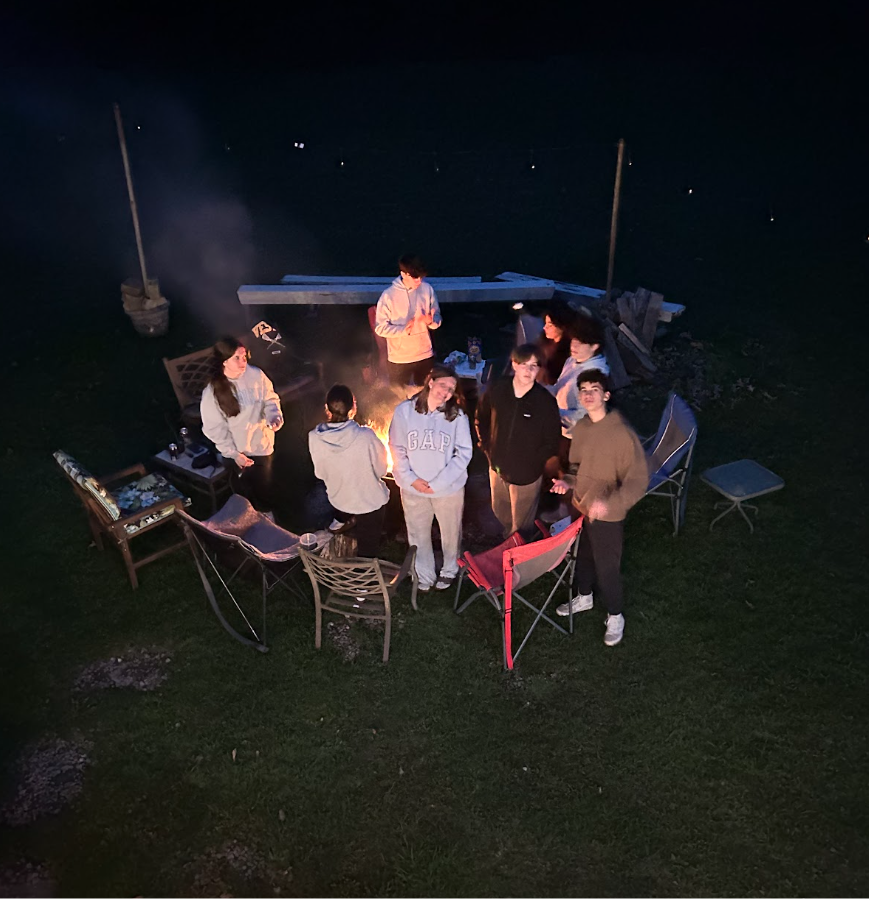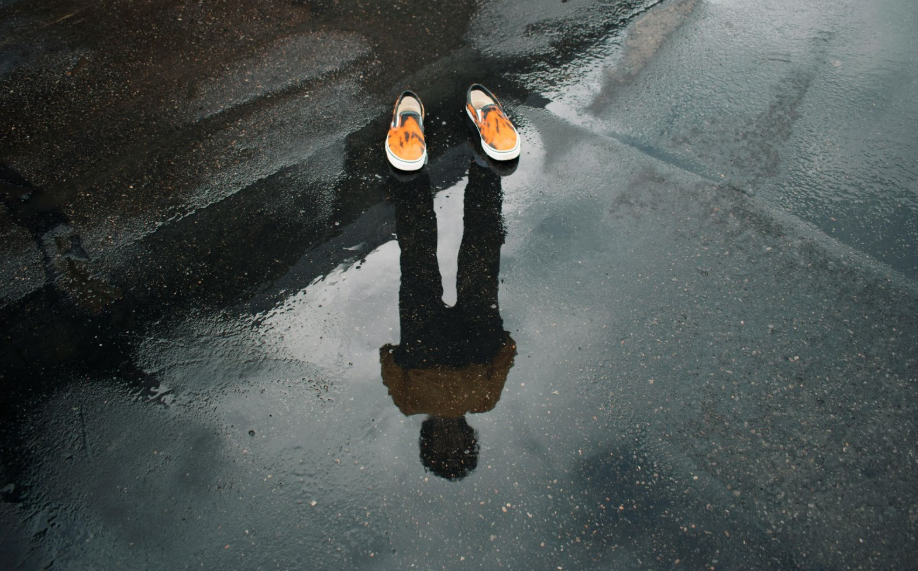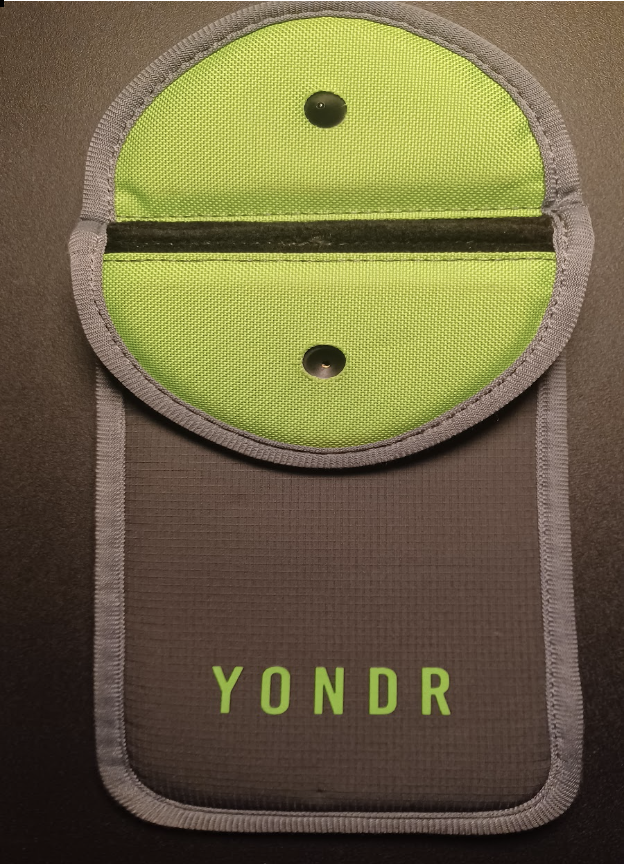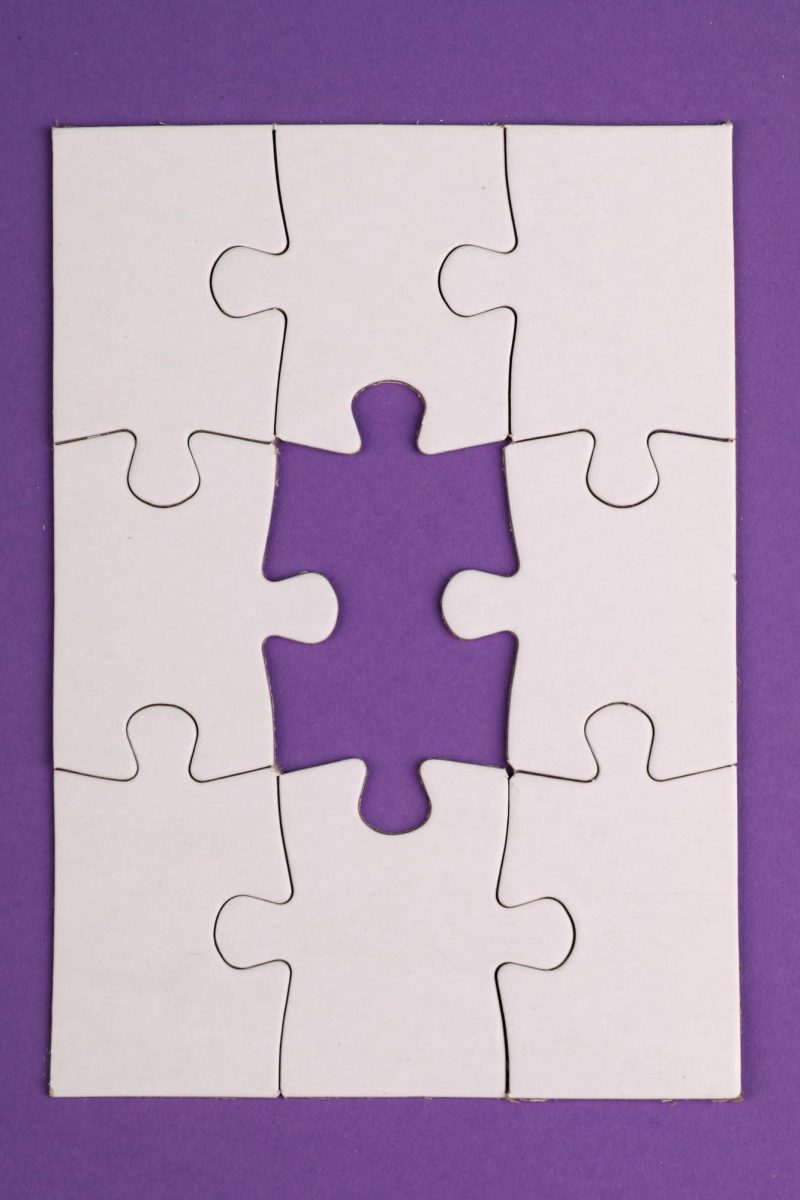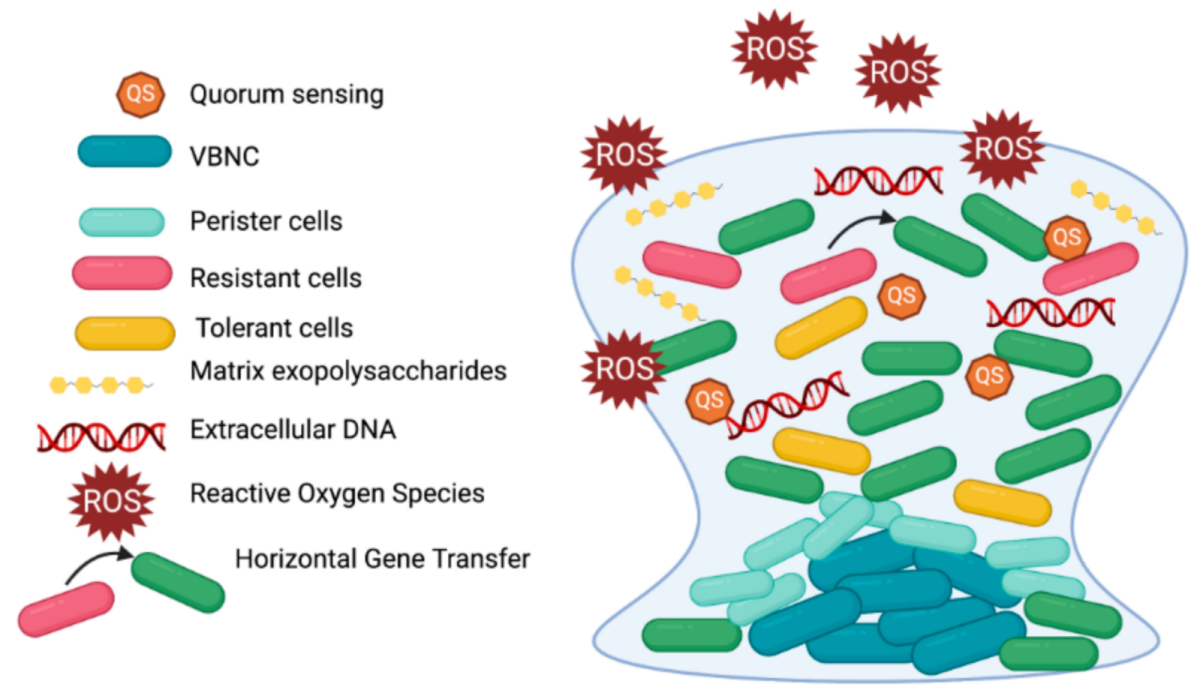I don’t think people realize the difficulties, yet beautiful moments, someone can experience when constantly around someone with a neurological disability. For starters, it’s the first time you realize they’re not like everyone else around you. You begin to notice the way that they’d rather play by themselves in a strategic manner than play with a group of kids their age. You take notice of their mannerisms they have while speaking to someone, the lack of eye contact they hold when having a conversation with someone, and the lack of understanding. You see the outburst that they can have from the most insignificant thing that you can’t even manage to find an issue in. Growing up, you notice their differences. In terms of noticing them, deep down you begin to realize that in general society they are “different,” they’re viewed as “different” to others, and a part of you begins to think that them being “different” is a bad thing. Obviously you don’t think that they themselves are bad, just the disability that they have themselves. You begin to constantly worry about how others will treat them the more you grow alongside them. You also begin to realize that the more you worry, the more you’re becoming one of those people that you most feared them encountering. You find yourself judging, unknowingly, the things they do. The things they can’t control or have trouble controlling. When you realize this, you feel disgusted. Ashamed in yourself that you’ve become the person you never wanted them to experience. These thoughts are constantly running around your head in circles, never ending and never leaving. You want them to stop, but you don’t know how to make them. It hurts you that you think that way about your own sibling, your own blood. But then, you’re in the car with your mom. It’s a silent drive with minimal conversation, and then she brings up your sibling. Nothing bad; she just brings up the way they always notice when someone’s off, even if it’s the slightest shift in someone’s demeanor; they always know. This makes you freeze in place and begin to seriously think. She’s right. You think of all the times you were off or, in general, just had a rough day, and you tried masking it with a facade of happiness, but no matter what, they can always tell something about your presence is off. You then think more about this and how easy it is for them to understand when something is wrong with someone else, but it’s so hard for you to understand what’s wrong with them when something is upsetting then. You think of the hardships they have to face every day just with the way they are, and you begin to think why you’re really stressing out about their hardships. Then finally, you see it’s not because you’re judgmental. You’re scared. Scared of how the world will treat them, scared of how others will react to them. So scared to the point where you become one of the people you feared the most. So, why continue to be scared of how others will react when you should be more focused on how your sibling would react? You go home after that drive and find them in the kitchen, making themselves something to eat. You just stare, almost admiring them in a sense that they are the way they are. It is scary, no matter what way you put it. In a sense, life is scary for everyone, disability or not. So why make it harder for you to find reasons to be scared when there are so many more reasons to find things to love about them? The true missing piece isn’t within them, but it’s the love that you feel that is the missing piece.
Categories:
A Missing Piece: Growing Up with an Autistic Sibling
Madison Cramer, Feature Writer
April 30, 2025
0
More to Discover

